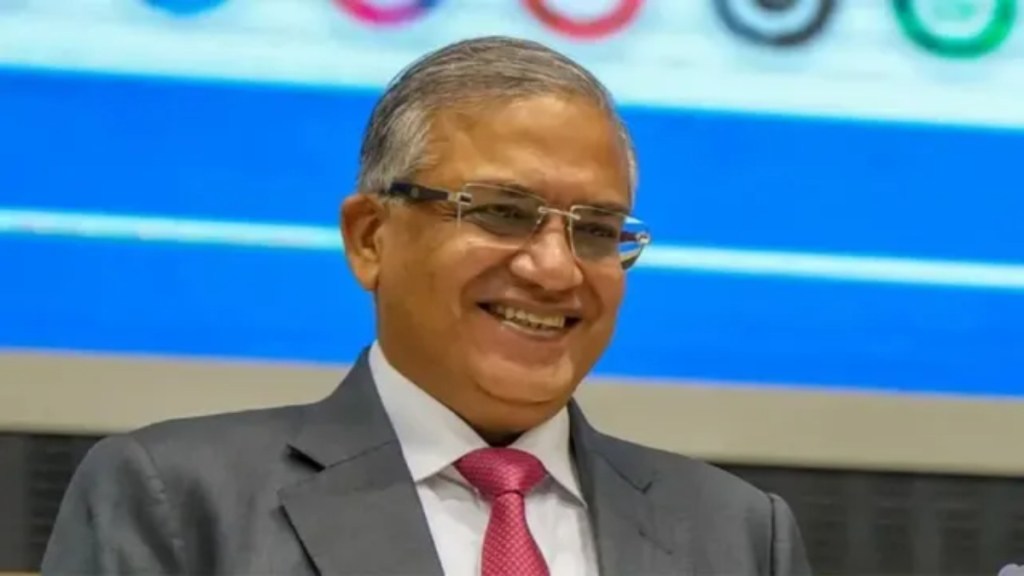The 1998-batch IAS officer from Kerala cadre, Gyanesh Kumar, has been appointed as the new Chief Election Commissioner of India (CEC). He will be replacing CEC Rajiv Kumar, who will be retiring on Tuesday. This decision was taken by a Selection Committee on Monday, which was headed by Prime Minister Narendra Modi. Amit Shah and Rahul Gandhi were the only two people who were a part of this meeting along with PM Modi. Not many know this, but Kumar has a connection with some key issues of the country including Article 370, Ram Mandir, and Triple Talaq. Let’s deep dive into these links and find out more about India’s new CEC.
Who is Gyanesh Kumar and which key positions has he held in the past?
Prior to being appointed as the new CEC, Kumar has held several other important positions/ranks in the government. He retired last January as the Secretary of the Ministry of Cooperation. Kumar also spent 5 years in the Ministry of Home Affairs, first as the Joint Secretary from May 2016 to September 2018 and then as Additional Secretary from September 2018 to April 2021. Before that, he worked as Secretary in the Ministry of Parliamentary Affairs and also in the Ministry of Defence during the Congress-led UPA government. Originally from Uttar Pradesh, Kumar was born in Agra in January 1964.
On the education front, Kumar has done his graduation from IIT Kanpur with BTech in Civil Engineering. He has also done Business Finance at ICFAI and Environmental Economics at Harvard University.
What is Gyanesh Kumar’s connection with Article 370?
Gyanesh Kumar is a person who has played a key role in shaping the Indian politics. In August 2019, while serving as the Joint Secretary (Jammu Division) in the Ministry of Home Affairs, Kumar helped in drafting the bill that revoked Article 370 in Jammu and Kashmir and split the state into two Union Territories. The move is considered to be one of the historic changes that was taken under Prime Minister Narendra Modi’s leadership.
Gyanesh Kumar’s with unknown links with Ram Mandir and Triple Talaq
In addition to playing a significant role in Article 370 abrogation, Kumar has made significant contributions to the drafting committee which worked on the abolition of Triple Talaq. A year later, while serving as the Additional Secretary in the Ministry of Home Affairs, Kumar was also responsible for handling the relevant documents pertaining to the Supreme Court hearings on Ram Mandir case in Ayodhya.

